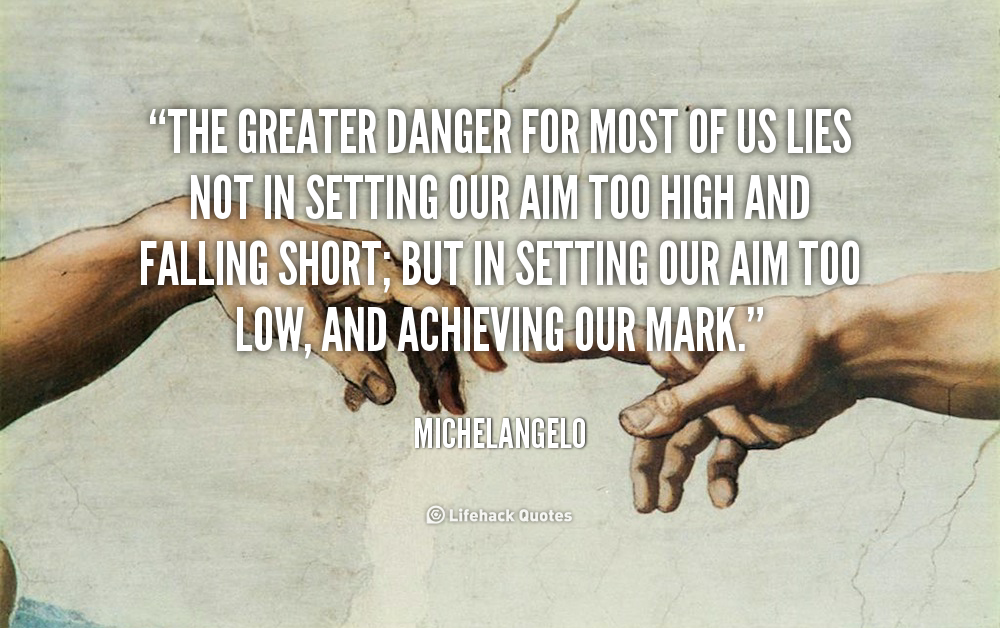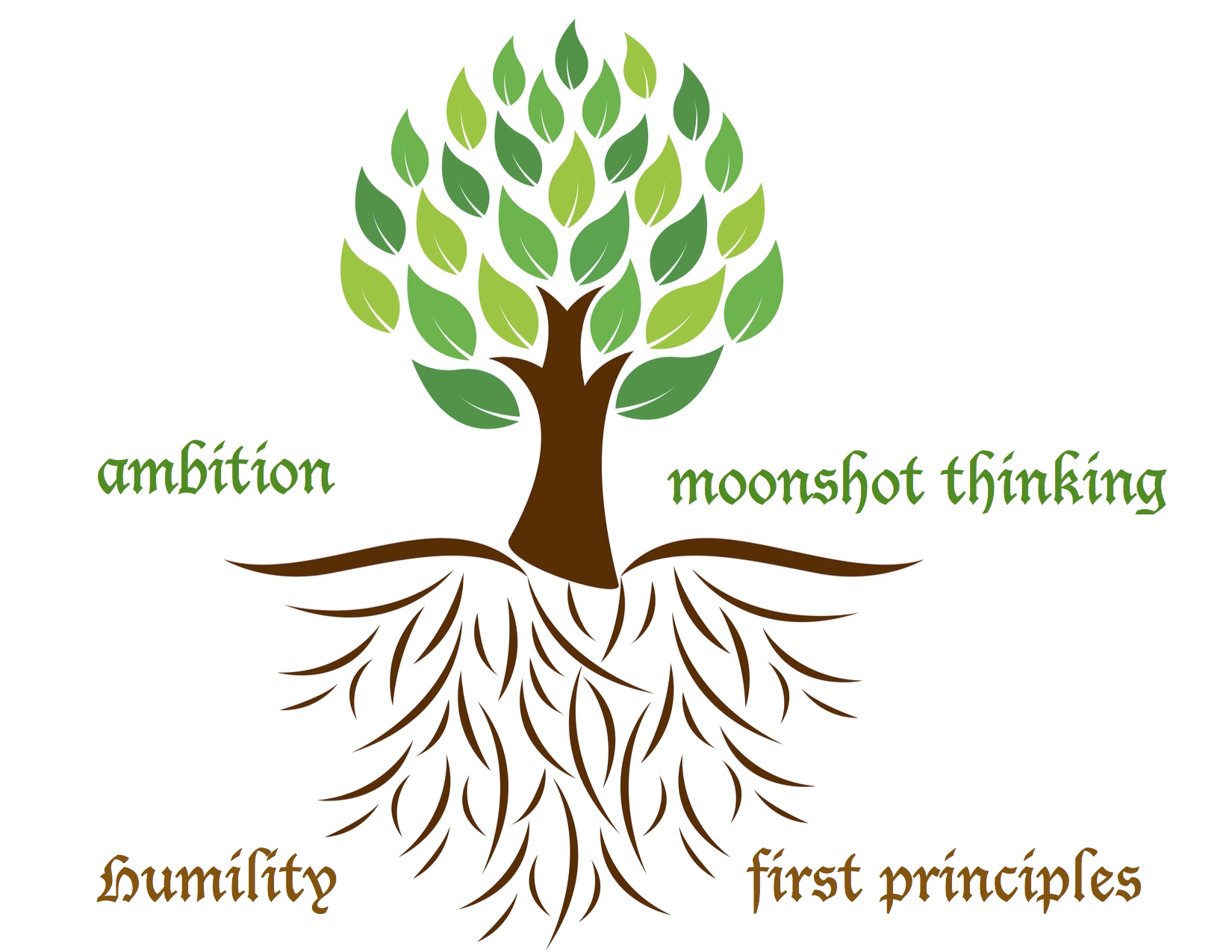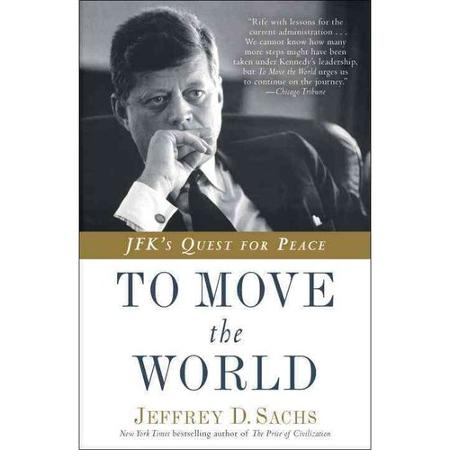If you read only one business book, let it be Good to Great.
The author, Jim Collins discovered that a special type of leader was at the helm when companies transitioned from good to great. He labeled them level 5 leaders and described them as individuals who blend extreme personal humility with intense professional will.
Let’s listen in for a minute:
The leadership is not about personality. Some of the greatest leaders had a charisma bypass. We should never confuse charisma with leadership. The key to the great leaders that we studied was their humility. It was humility of a very special type. It wasn’t humility in a weak sense. It was just the opposite. It was, what I would describe, as an absolute obsessed burning compulsive ambition … that wasn’t about them. It was an absolute burning compulsive ambition for cause, for company, for the work … for a set of values … not themselves.
This strikes me as a potential thought model for creating presentations too. A captivating presentation or speech is one which combines a special humility with an absolute burning compulsive ambition for cause, for the work, or for a set of values.
Do you agree that this kind of speech would be great to listen to? Or to give? And if you do get around to scripting and delivering such a presentation, then it could well be your magnum opus. It could well be the speech of yours that does the most or best work to improve the world.
Yes, this may come across as a tall order, but I believe every serious speaker should set a target of creating and delivering at least one speech—in this lifetime—which combines an intense humility with an absolute burning compulsive ambition for a better world, or for a set of values.
To ensure this approach is not just about pipe dreams, it is necessary to reconcile this ambitious thinking with another mindset. First Principles. Every ambitious speech must be hard grounded not only in humility, but equally important, in first principles.
Larry Page, one of Google’s founders, is on record with this: When I was younger and first started thinking about my future, I decided to either become a professor or start a company. I felt that either option would give me a lot of autonomy—the freedom to think from first principles and real-world physics rather than having to accept the prevailing “wisdom.”
I see no reason why we cannot incorporate this hunger for autonomy, and the freedom to think from first principles into speech scripting.
Now a great presentation or speech becomes one, which combines special humility with compulsive ambition for cause, for the world, or for a set of values—and is simultaneously grounded in first principles. Much better!
I would however like to add yet another dimension to this mix. I would like to include moonshot scripting and speaking to speeches that already have humility, ambition and first principles.
Let’s listen in for another minute:
People can set their minds to magical, seemingly impossible ideas and then through science and technology bring them to reality.
Many years ago …
There are so many challenges in the world, and you can feel daunted and oppressed by that … or you can say “How might we think differently about this?”
You don’t spend your time being bothered that you cannot teleport from here to Japan because there’s a part of you that thinks it’s impossible.
Moonshot thinking is choosing to be bothered by that.
We choose to go …
I think our ambitions are a glass ceiling for what we can accomplish.
When you find your passion, your unstoppable. You can make amazing things happen.
It’s been true through all of history.
To check out some inspiring examples of speeches which masterfully blend all of these elements—humility, ambition, first principles, and moonshot thinking—check out the website American Rhetoric, top 100 speeches.
All these ideas may be visualized using a tree model; with the roots being humility & first principles; and the trunk, branches & leaves being ambition & moonshot thinking.
We all probably have some sort of pre-presentation checklist; even if is only an amorphous mental one. I suggest these checklists ought to be headed by one or more of these questions:
Am I being both humble and ambitious?
Is my presentation firmly rooted in first principles?
Do I have the courage to attempt a moonshot? Yes there are so many challenges in the world, that I can feel daunted and oppressed. Nonetheless, am I asking “How might I think differently about this?”
This is not about being nice. This is a warning sign. When these questions are left unasked, the danger is that the speech or presentation that follows will, at best, be soon forgotten, at worst, be mainly irrelevant.
I wish you all success in all your future presentations. I predict that the more you combine humility with ambition, and first principles with moonshot thinking, the more memorable and successful you will be. Please … think hard about this.
Leading a team? Preparing a presentation? Think different: Think “What I love about leading and speaking, is that it puts an immense pressure on me to remain rooted in humility & first principles, while still retaining an absolute burning ambition, not for myself, but for the world, for a set of values, and for moonshot thinking.
I’ll close out by recommending a book that deeply studies the creation of one of the most important speeches of the last century. This speech, A Strategy for Peace, also known as American University Speech, contains all the elements discussed above. It is a marvelous book!
______________________________________________________________________
Every engineer can be a better engineer
by being a better pubic speaker and storyteller
Every professional can be a better professional
by being a better pubic speaker and storyteller
Every citizen can be a better citizen
by being a better pubic speaker and storyteller
I help citizens, professionals, and engineers become better public speakers and storytellers. www.NecessaryBridges.com
Book Description
Necessary Bridges: Public Speaking & Storytelling for Project Managers & Engineers
Every engineer & STEM professional can articulate an engineering & STEM challenge as eloquently and inspirationally as the speaker does in the audio of this clip. At the very least, every engineer and STEM professional can aspire to do so.
STEM = Science Technology Engineering Mathematics
Audio = JFK/moon speech segment/Rice University Sept 12, 1962
______________________________________________________________________
Here is the compete video Jim Collins
Here is the compete video Moonshot Thinking
https://www.youtube.com/watch?v=0uaquGZKx_0



